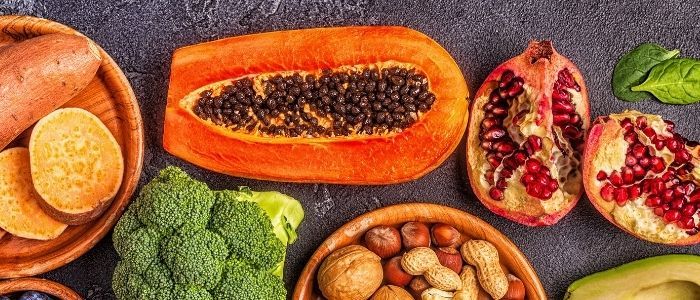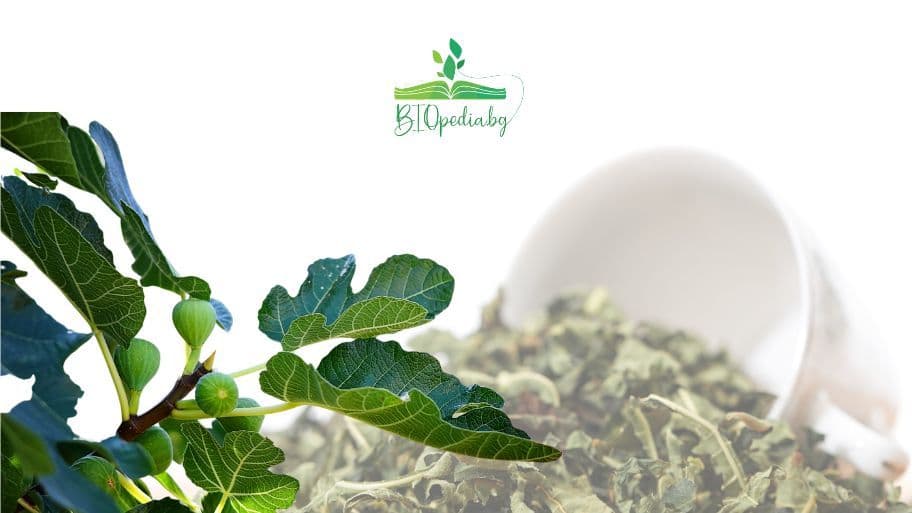Is what we call organic food really healthier? Is it worth the higher price? And how do we know which foods are organic?
Here's how to get the most quality and value for your money. Learn everything you need to know about organic foods in this article onmybiopedia.com.
Organic foods - what are they?
The term "organic" refers to the way agri-cultural products of plant and animal origin are grown and processed.
Regulations for organic foods vary from country to country and there are generally no centralised standards, but in general, organic foods are those foods that are grown, developed and cultivated without the use of synthetic herbicides and pesticides, chemicals and chemical fertilisers, artificial colours, flavours and preservatives, pesticides, fertilisers, GMOs.
Organic dairy products, meat, eggs and honey come from animals that live in similar conditions to natural animals and are fed organic food and feed. No antibiotics or growth hormones are used to raise these animals.
Organic food - advantages
The way our food is grown and harvested has a very big effect on our health, both physical, mental and emotional.
In addition, the effect on nature and the environment is undeniable. Organic food contains many more important and beneficial nutrients and trace elements, such as antioxidants, than conventional food products.
Organic foods contain fewer pesticides and are free of synthetic pesticides.
Organic foods are fresher, contain no preservatives, and are usually produced by small and local farmers.
Farming and growing organic food is better and kinder to nature.
Animals raised to produce organic food are not raised with antibiotics and hormones.
Organic meat and milk are usually richer in important nutrients and trace elements
Organic foods are GMO-free

Organic food or locally grown food?
Unlike the standards and criteria for organic foods, there is no official term for "locally grown foods". So-called local food products can be grown in your locality, municipality, region or country. In most cases, seasonal, locally grown foods can be found on the market.
Why? First of all, by doing so we are all investing in the local economy. These foods are also not being transported great distances, which reduces their final cost. Locally grown organic produce is fresher, which means it tastes better too.

Do organic foods contain pesticides?
As already mentioned, one of the biggest advantages of organic foods is that they are not treated with synthetic pesticides. However, it is important to make it clear here that, despite popular belief, farmers do use pesticides when growing produce
The difference is that these pesticides are of natural origin. Natural pesticides have been found to be significantly less toxic than conventional and synthetic ones.
Keep in mind that consuming organic and organic foods poses minimal risk of exposure to harmful and toxic chemicals and pesticides.

How to get maximum quality and value for your money
It's accepted that organic foods are usually a bit more expensive than others we can buy in the store or market. Even though these foods are more expensive, if you shop smart and follow some priorities, you will easily be able to fit in your budget and eat healthier.
The truth is that if your budget is limited, it is advisable to buy at least some of the organic products. Some global organisations have drawn up lists of products that it is highly recommended to buy only when they are of organic origin and those where the organic origin is not so important.
Products that are recommended to be of organic origin:
- Apples
- Pepper
- Cucumbers
- Celery
- Potatoes
- Grapes
- Cherry tomatoes
- Kale
- Pumpkin
- Nectarines
- Peaches
- Spinach
- Strawberries
- Hot peppers
Produce that is not necessarily organic because it is traditionally low in pesticides:
- Asparagus
- Avocados
- Mushrooms
- Cabbage
- Eggplant
- Kiwi
- Mango
- Onions
- Papaya
- Pineapple
- Sweet potato
- Grapefruit
As a conclusion, we can say that if we prioritize correctly and shop smart, we will be able to introduce many organic products and foods into our daily lives without it having to cost us a lot of money.






Comments